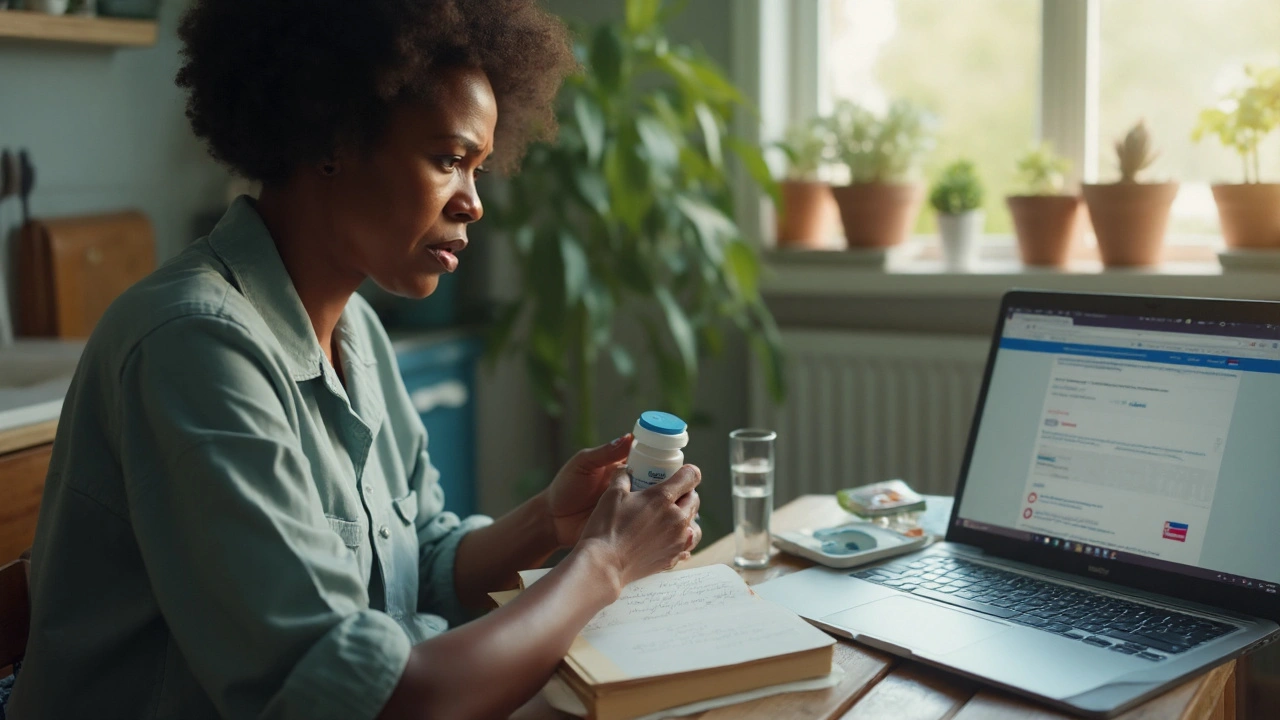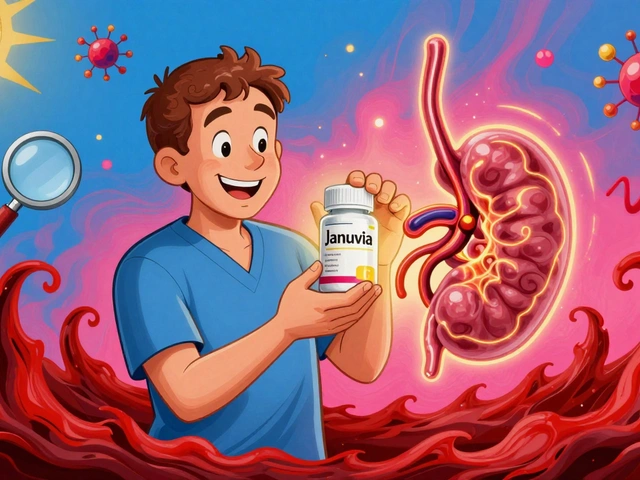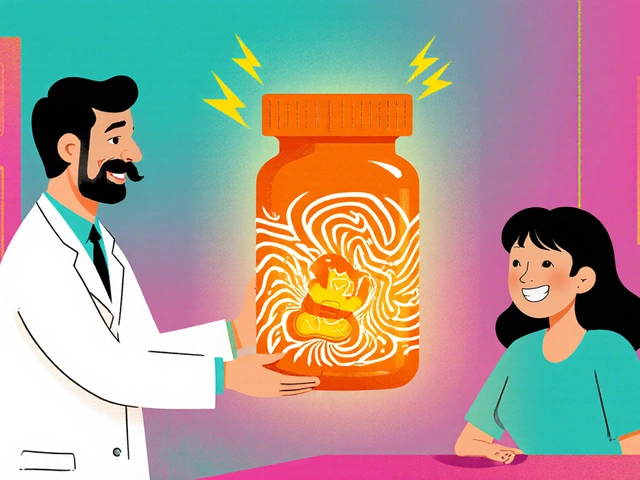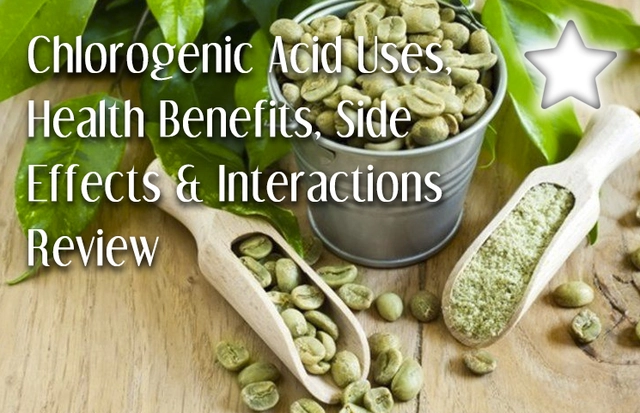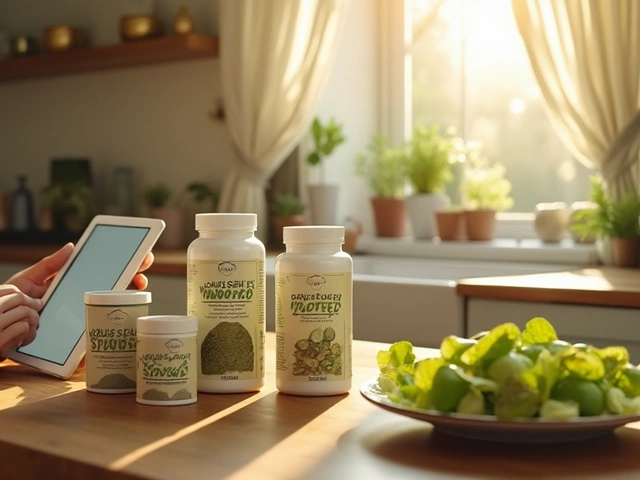Hypertension Medication & Cancer: What You Need to Know
If you have high blood pressure and are fighting cancer, you might wonder if your meds are still safe. The short answer: most hypertension drugs work fine, but a few can clash with chemo or targeted therapies. Knowing which ones to watch helps you avoid extra side effects and keep both conditions under control.
First, write down every prescription, over‑the‑counter pill, and supplement you take. Cancer treatment often adds new drugs to the mix, and some blood pressure medicines can change how those new drugs are broken down in the liver. When the metabolism shifts, a chemo drug might become too strong (causing nasty toxicity) or too weak (losing its punch).
Common Blood Pressure Drugs and Their Cancer Interactions
ACE inhibitors (like lisinopril) are usually safe. They don’t usually affect chemo metabolism, and they can even protect kidney function during some treatments. If you already take an ACE inhibitor, keep using it unless your oncologist says otherwise.
Beta‑blockers (e.g., metoprolol) are also generally okay. Some studies suggest they might improve outcomes for certain cancers, but the main thing is to watch for low heart rate if a chemo agent also lowers it.
Calcium channel blockers (such as amlodipine) can be trickier. They sometimes interfere with the enzymes that break down chemotherapy drugs, especially the ones processed by CYP3A4. If you’re on a calcium channel blocker, ask your doctor if a dose adjustment is needed.
Diuretics (like hydrochlorothiazide) can raise blood sugar and potassium levels, which may compound side effects of steroids often given with chemo. Keep an eye on your lab results and let your care team know if you feel unusually thirsty, shaky, or notice muscle cramps.
Practical Tips to Keep Blood Pressure and Cancer Treatment on Track
1. Schedule regular BP checks. Even if you feel fine, cancer therapy can cause fluid shifts that raise or drop your pressure quickly.
2. Share medication lists. Give a copy of your hypertension meds to your oncologist and a copy of your cancer regimen to your cardiologist. Coordination prevents surprises.
3. Watch for warning signs. New headaches, swelling, rapid weight gain, or unusual bruising could signal a drug interaction. Call your clinic right away.
4. Stay hydrated. Some chemo drugs and diuretics both pull water out of your body. Drinking enough water helps keep blood pressure stable and supports kidney clearance.
5. Ask about alternative meds. If a certain blood pressure pill clashes with your chemo, there are often other classes that work just as well. For example, swapping a calcium channel blocker for an ACE inhibitor may solve the issue.
Remember, you don’t have to navigate this alone. Most cancer centers have a cardio‑oncology team that specializes in the overlap between heart health and cancer treatment. A quick referral can save you weeks of guesswork.
Bottom line: keeping your blood pressure in check while undergoing cancer therapy is doable. Keep an up‑to‑date medication list, stay alert for side effects, and keep open lines of communication with both your heart and cancer doctors. With a little extra vigilance, you can manage both conditions without compromising either.
Amlodipine and Cancer: What the Latest Research Really Says
Worried amlodipine might raise cancer risk? Here’s a clear, evidence-backed answer, what big studies show, and practical steps if you’re concerned.

